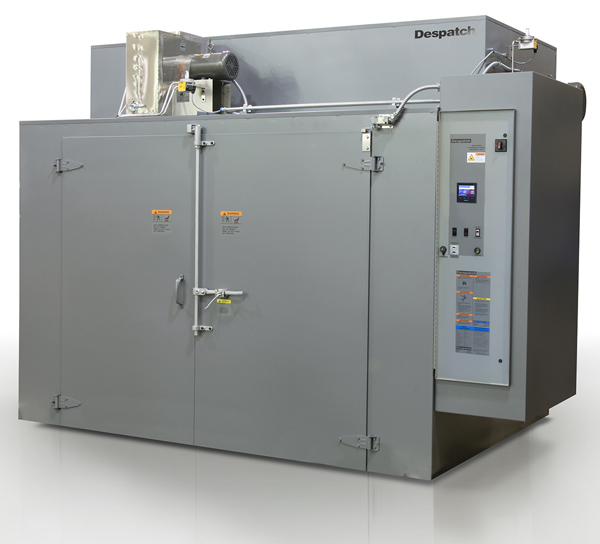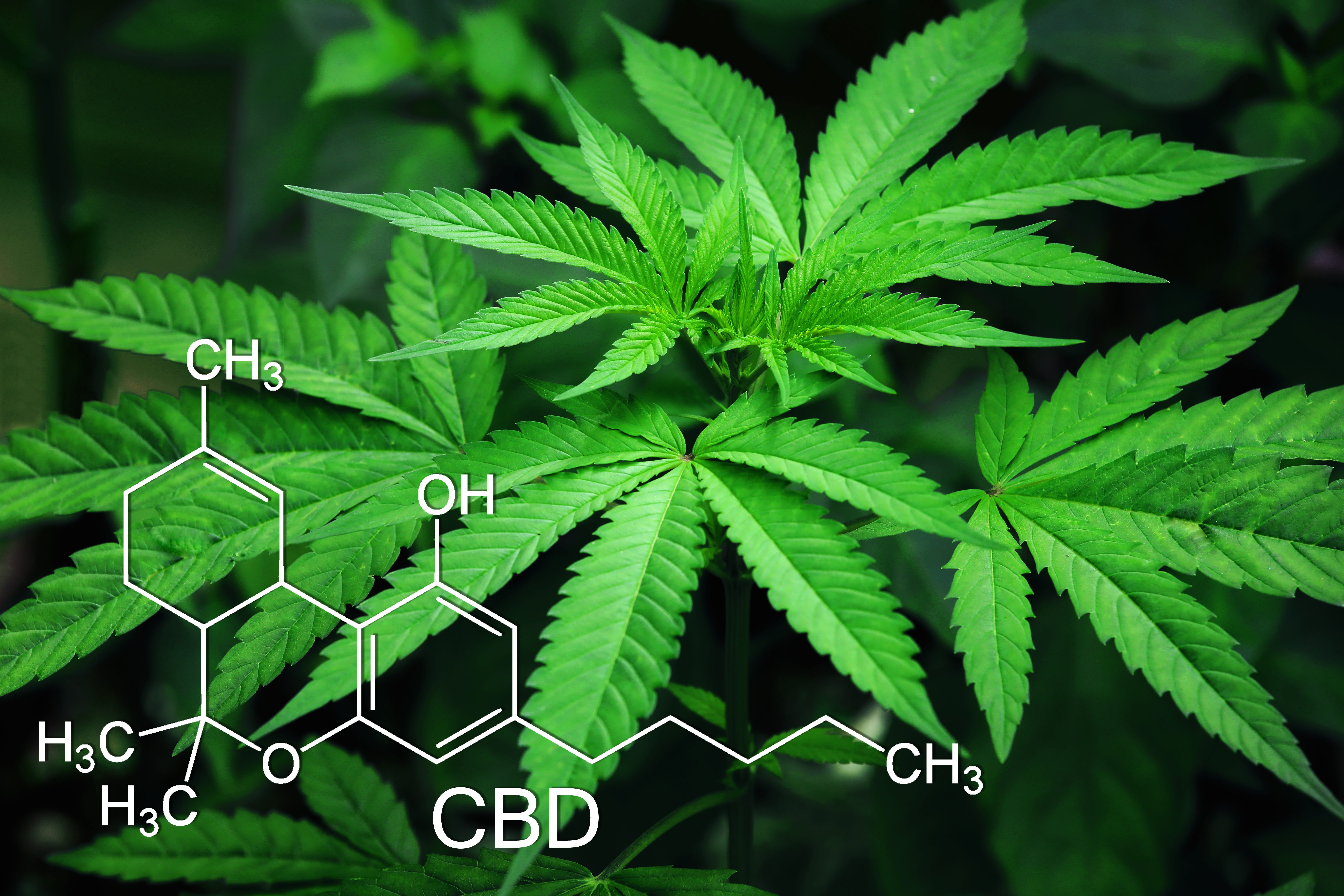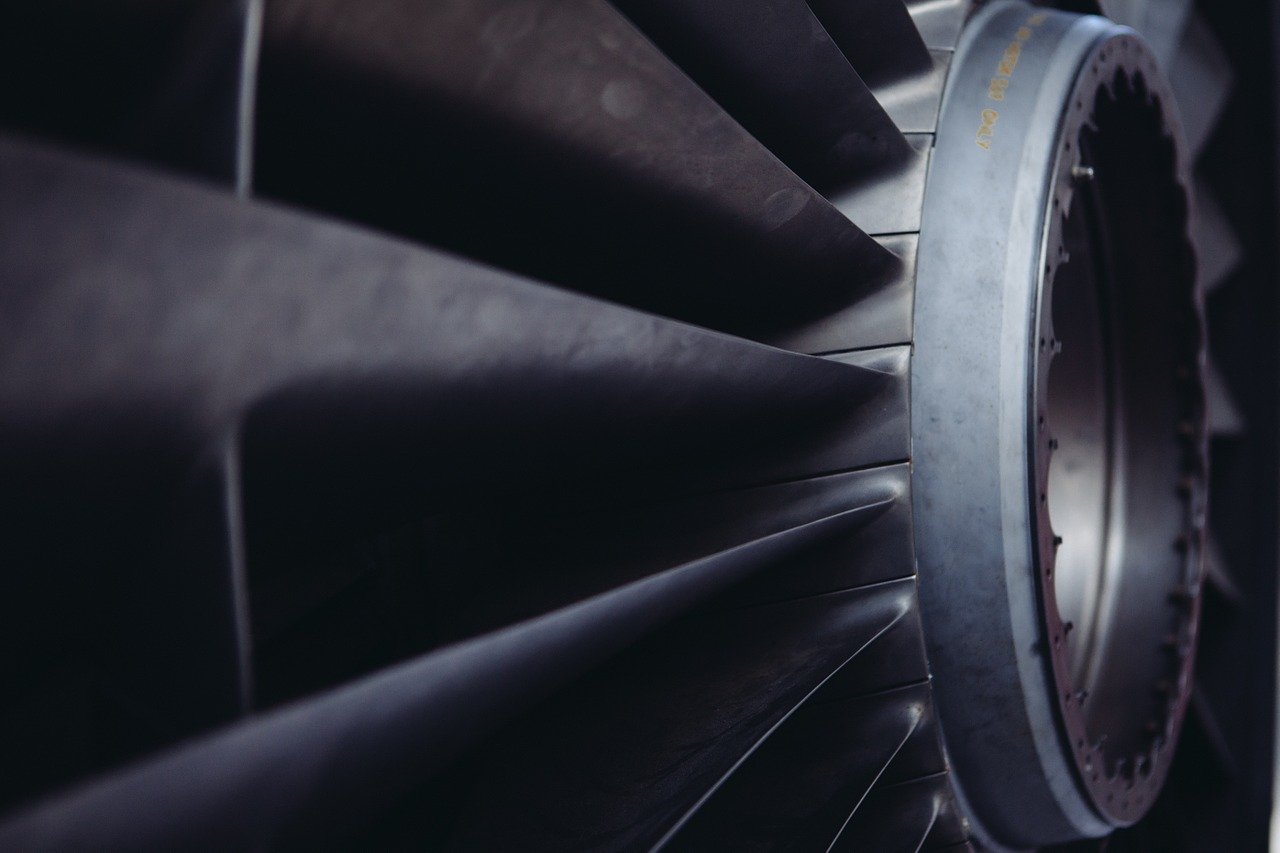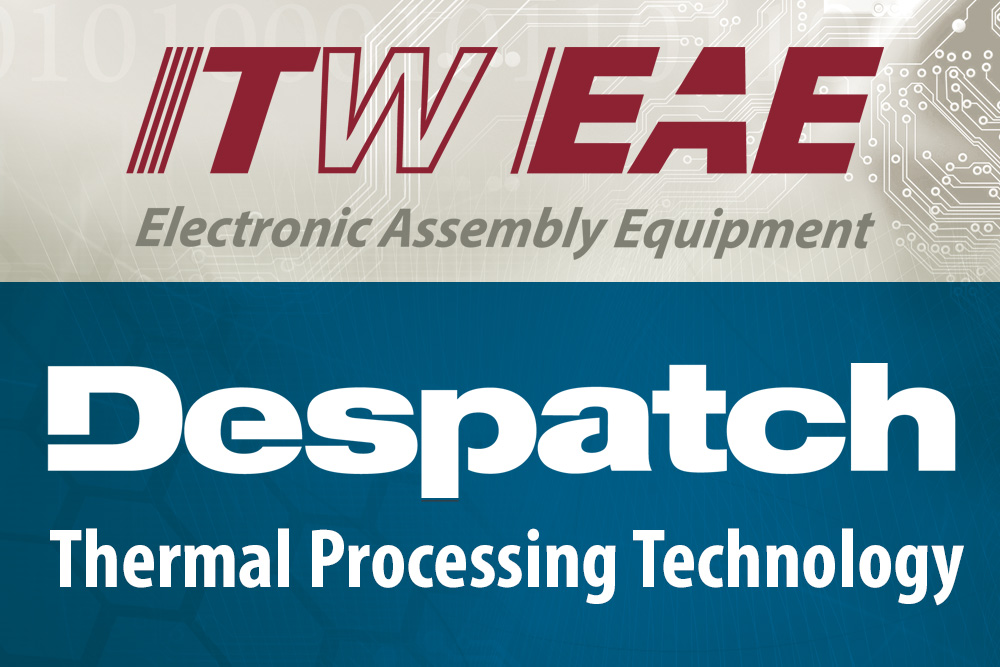The market for CBD products is accelerating. Analysts expect global sales to reach USD 47.22 billion by 2028, with a compound annual growth rate (CAGR) of 21.3% through 2028. Driving this growth are the benefits CBD delivers when used medicinally. More and more doctors, for example, are using CBD oil to treat ailments like epilepsy, Tourette’s, anxiety, multiple sclerosis, pain relief, insomnia, and inflammation. CBD is a non-psychoactive ingredient in cannabis. It won’t get you high and can come as pills, gummies, tinctures, lotions, and vape products.
Industrial ovens will a pivotal role in producing enough CBD to meet the growing demand for this ingredient. The ovens optimize a critical process in CBD production called decarboxylation (decarb). Large-scale decarb is the key to producing large quantities of CBD with consistent quality. But large-scale decarb is a stringent and demanding process. It needs an industrial oven designed specifically for the type of material being decarbed, like Despatch’s CBD Decarboxylation Oven, which was produced specifically for a CBD oil manufacturer.
What is Decarboxylation in CBD Production?
Decarboxylation is a chemical reaction that removes a carboxyl group (-COOH) from molecules. A common reaction in organic chemistry, the process is used in a variety of industrial applications. With cannabis, decarboxylation converts tetrahydrocannabinol (THCA) and cannabidiolic (CBDA) into THC and CBD. CBDA is the non-psychoactive form of CBD, with CBD being the active form. It interacts with the body and produces the various effects of CBD.
Decarboxylation occurs naturally over time but can be accelerated using heat. Manufacturers initiate decarboxylation by heating plant material to a specific temperature and time, which varies depending on the process method used. A typical approach to CBD production is to heat the CBD-rich material to a temperature of 245 degrees Fahrenheit (120° C.) for 30-60 minutes.
Once the decarboxylation process is completed, producers extract the CBD from the plant material using different methods. The extract can be used to make CBD edibles, concentrates, and other products that deliver the health benefits sought. Smaller CB producers tend to use small-scale methods to produce product, while large producers use large-scale production approaches.
Small-Scale Production versus Large-Scale Production
The main difference between small-scale and large-scale CBD production is the volume of CBD produced and the equipment and methods used. Producers achieve small-scale production by treating hemp and cannabis in ovens, pots, pans, slow cookers, or in semi-automated processes. Small-scale production generates a low volume of CBD with inconsistent quality, but producers must charge higher prices for their CDB products.
Large-scale CBD production is usually done by large commercial businesses using fully automated equipment and methods. This approach results in a higher volume of CBD produced than with small-scale production and with more consistent quality. Large-scale CBD production enables manufacturers to charge lower prices than small-scale producers. Plus, large-scale CBD producers often have a vast network of distributors and retailers to sell their products.
The Role of Industrial Ovens in CBD Production
Industrial ovens play a critical role in large-scale CBD production. CBD manufacturers use industrial ovens to optimize decarboxylation, boost process yield significantly, and activate CBD’s therapeutic compounds. CBD can then be extracted from the baked decarboxylated hemp. Put another way, using industrial ovens helps producers extract CBD more readily from the baked decarboxylated plant matter that remains, enhancing quality and increasing yield.
Industrial ovens, however, must be modified for CBD production. For example, Despatch’s CBD Decarb Oven is a customized industrial Class A oven specifically designed to optimize the decarb process for making CBD oil. It features a stainless-steel interior to prevent corrosion, an exhaust fan with a variable frequency drive, and a Watlow F4T with ten thermocouples and jack panels within the oven. The oven also has modulating dampers. Producers need a Class A oven with a fire suppression system for decarb because of the volatility of the materials in the decarb process.
Choosing the Right Industrial Oven for Decarboxylation
- Capacity: Industrial ovens come in various sizes, so choosing one large enough to meet your needs is essential.
- Temperature range: Decarboxylation typically occurs at temperatures between 220°F and 250°F, so you need an oven to reach and maintain those temperatures accurately.
- Uniformity: Choosing an oven that provides uniform heat distribution so your material is decarboxylated evenly is critical.
- Airflow:Forced air circulation is critical for ensuring even heat distribution and preventing the material from burning.
- Safety features:Look for an oven with crucial safety features such as over-temperature protection and fire suppression.
Despatch’s CBD Decarboxylation Oven or Decarb Oven is a modified industrial Class A oven that optimizes the decarb process for making CBD oil and includes a stainless steel interior to prevent corrosion and a fire suppression system.

We hope this article has given you some insight and useful information about industrial process ovens. If you have any questions, our skilled customer service team can assist you. Please call 952-649-6529 or send a message!
Image Credit: Pikrepo






